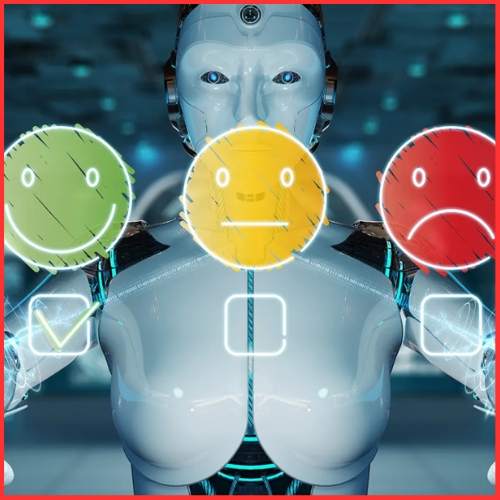The United States should only allow Nvidia’s artificial intelligence (AI) processors to be sold to purchasers who promise to use the technology responsibly, Google DeepMind co-founder Mustafa Suleyman told the Financial Times on Friday.
”The US should mandate that any consumer of Nvidia chips signs up to at least the voluntary commitments and more likely, more than that,” Suleyman said.
The United States should only allow Nvidia’s artificial intelligence (AI) processors to be sold to purchasers who promise to use the technology responsibly, Google DeepMind co-founder Mustafa Suleyman told the Financial Times on Friday.
According to Suleyman, the US should set basic worldwide standards for the use of AI, and corporations should at the very least commit to abide by the same guarantee made to the White House by major AI firms.
In July, AI businesses such as OpenAI, Alphabet, and Meta Platforms made voluntary promises to the White House to implement safety safeguards such as watermarking AI-generated material.
Mustafa Suleyman is also the CEO of Inflection AI, a Microsoft-backed AI business that secured $1.3 billion from Nvidia and other investors in June.
Inflection launched Pi, an AI chatbot that employs generative AI technology to connect with users through chats in which individuals may ask questions and share interests, in May.
Executives and experts have urged AI developers to collaborate with legislators on governance and regulatory bodies.
Most AI worries have been divided into two categories: the immediate hazards provided by today’s AI-powered chatbots and the long-term possibility that AI systems may escape human control once they transcend their creators’ knowledge, a phenomenon known as superintelligence. Instead, tech leaders like Suleyman point to an impending transition period in which the huge language models that power today’s chatbots will be deployed in much more significant applications.
Since its inception early last year, Inflection, one of the best-funded AI start-ups, has raised $1.5 billion. It has created a chatbot named Pi and plans to construct a personal assistant that can actively manage its customers’ life, making it one of several startups racing to advance AI beyond the current generation of chatbots like ChatGPT and Google’s Bard.















